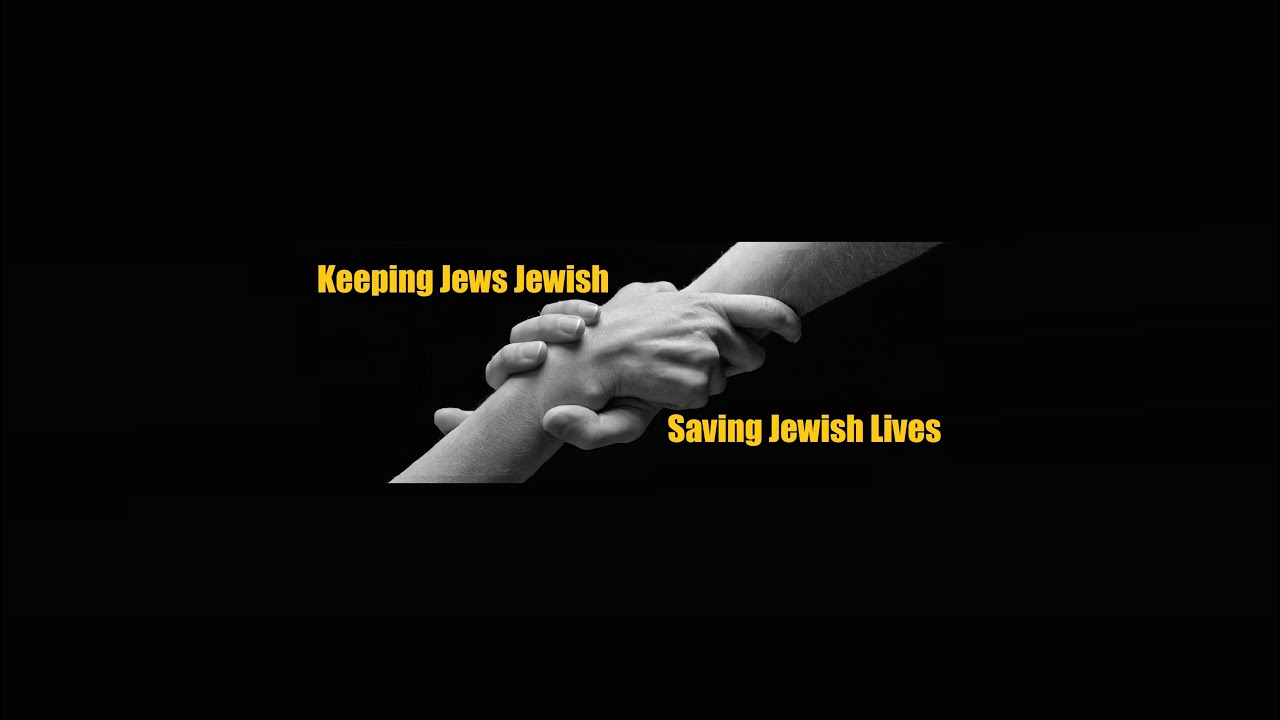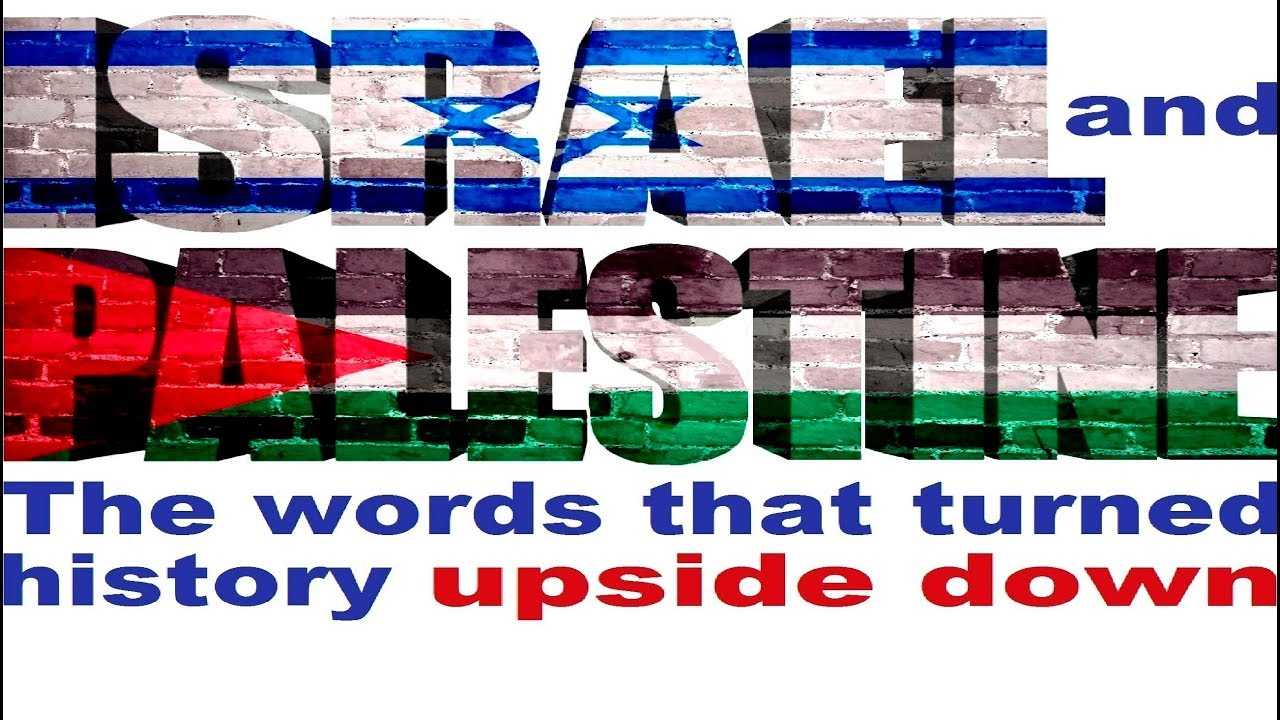 There are three pilgrimage festivals in the Torah where all men were required to leave their homes, go to Jerusalem and participate in the Temple services (Exodus 23:14-17).
There are three pilgrimage festivals in the Torah where all men were required to leave their homes, go to Jerusalem and participate in the Temple services (Exodus 23:14-17).
According to the Talmud (Pesachim 8b) only those who owned land were required to make this pilgrimage. This is based upon the verse in Exodus 34:24 which says, “no man will covet your land when you go up to appear before Hashem, your God, three times a year.”
Why is the one who is not a landowner exempted from having to make the trek to Jerusalem?
The Kotzker Rebbe explained because he doesn’t need to. The person who is unencumbered by “land” – earthiness and materialism – is able to perceive God’s presence everywhere. Those who are attached to the physical and material need to go up to Jerusalem.
While poverty is a tremendous challenge in life, we know that wealth, as well, can present its own difficulties. Our sages teach, for example, that “the more possessions the more worries” (Ethics of the Fathers 2:7).
After their 40 year trek in the desert, Moses warned the people of Israel about the challenges they would be facing when they would finally enter to settle the promised land. In the book of Deuteronomy, chapter 8, he specifically focuses on the challenge of wealth: Be careful that you do not forget the Lord your God, failing to observe his commands, his laws and his decrees that I am giving you this day. Otherwise, when you eat and are satisfied, when you build fine houses and settle down, and when your herds and flocks grow large and your silver and gold increase and all you have is multiplied, then your heart will become proud and you will forget the Lord your God, who brought you out of Egypt, out of the land of slavery (verses 11-14).
The great Chassidic master, Rebbe Elimelech of Lizhensk, left his descendants an ethical will in his masterpiece Noam Elimelech. In it, he gives them each a special blessing that none of them would ever become wealthy. Of course, there is nothing wrong with having money, even lots of it. There are many people who put their wealth to good use and for noble and holy purposes. They generously give of themselves to others and support worthy causes and institutions. But just as often, money leads people to and endless pursuit of more and an unhealthy focus on living lavishly, corruptly and selfishly. Many hearts and families have come to ruin through their riches. R’ Elimelech may have done a cost/benefit analysis and decided that having much more than we need may present more challenges than most people can successfully navigate.


